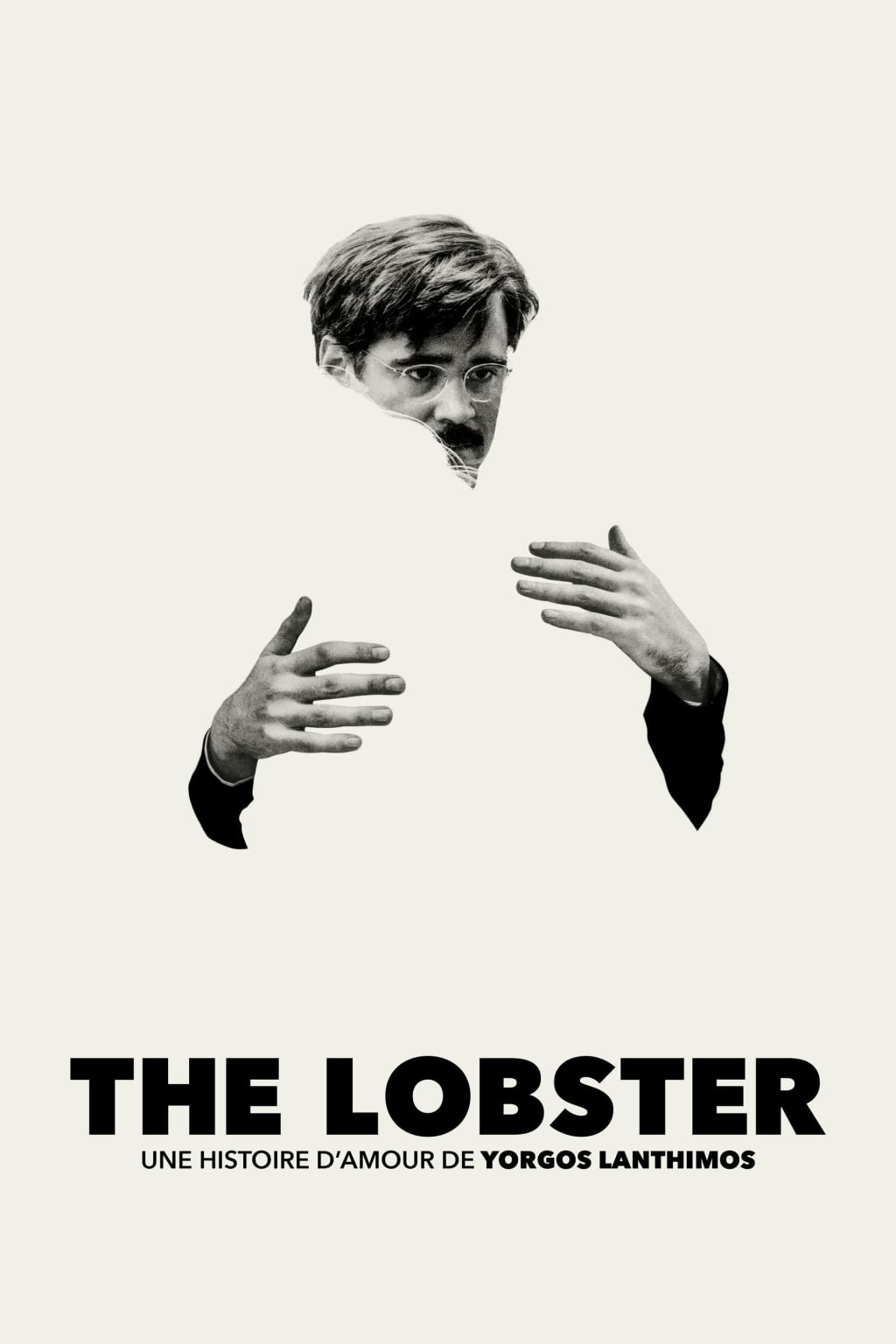The Paradox of Freedom in 'The Lobster
Una surrealista crítica social a las relaciones de pareja modernas

"The Lobster" is a film by Greek director Yorgos Lanthimos that presents a dystopian society in which single people have a 45-day deadline to find a mate, or else they will be transformed into an animal of their choice and released into the forest. Through this absurd premise, the film questions the social norms surrounding love and relationships, as well as the importance given to them in modern society. In this article, we will analyze how the film addresses issues such as freedom, conformity and individual identity.
The dictatorship of romantic love
One of the main themes is the social pressure to be in a relationship. The society presented in the film considers being single to be unacceptable, leading the characters to desperately seek a partner. This is largely due to the idea of romantic love, which has become an unquestioned social norm. The characters in the film are not simply looking for a partner with whom they have an affinity, but are compelled to find someone with whom they can share specific physical or emotional characteristics. This is a reflection of the idea that love is based on the need to find someone who completes us and who conforms to a romantic ideal.
The weight of loneliness in modern society
Another important aspect that the film addresses is loneliness in modern society. In a world increasingly connected through technology, many people felt lonelier than ever. The characters experience this loneliness in a very intense way, as their life depends on finding a partner. However, the search for love becomes an increasingly difficult task, which increases their sense of isolation. The film shows how this desperate need to find a partner can lead people to make irrational decisions and settle for a relationship that is not satisfying.
In "The Lobster," loneliness is presented as a fundamental aspect of modern society. The characters are so desperate to find a mate that they define themselves into animals if they don't, suggesting that loneliness is seen as a kind of social death. The film explores how loneliness affects the characters and how it can be a powerful force in decision-making.
Loneliness is presented in several ways in the film. First, there is the individual loneliness of the characters, who are shown as lonely and desperate beings. David's character is the clearest example of this, as he feels lost and purposeless in life without a partner. Secondly, there is the collective loneliness, represented by the group of loners who flee the hotel and live in the forest. This group, while relying on their solitude, is also a victim of social oppression that forces them to hide and renounce their individuality.
The film proposes that loneliness is a social problem, not just an individual one. Modern society tends to isolate and atomize us, making loneliness an increasingly common experience. The lack of connection and community can have serious effects on people's mental and emotional health, which is reflected in the despair of the characters in the film.

The paradox of individual freedom in a conformist society
Although the society in "The Lobster" appears to be very oppressive, the characters have some individual freedom to make decisions. However, this freedom is limited by the need to conform to societal expectations. The film shows how the pressure to conform to social norms can limit people's ability to make autonomous decisions. In this sense, it presents an interesting paradox: is a person who can only exercise his or her freedom within the limits set by society truly free?
The rebellion against social norms
As the film progresses, some characters begin to question the social norms that govern their lives. David, the protagonist, joins a group of loners who have fled the hotel where he is staying and have settled in the woods. This group represents an alternative to the oppressive society in which the characters live, but at the same time, they also impose their own norms and rules. The film suggests that rebellion against social norms is not always the solution, as it can lead to the creation of new forms of oppression.
"The Lobster" raises important questions about the nature of social norms and their impact on our lives. The film proposes that social norms often limit our ability to connect with others and to find true freedom and love. However, it also suggests that rebellion against social norms can be dangerous and lead to violence. Finally, it invites us to reflect on our own social norms, and to question whether they are limiting our ability to connect with others and find true happiness.
The quest for identity through love
Another theme explored in the film is the relationship between love and individual identity. The characters in "The Lobster" not only seek a partner to avoid being turned into animals, but also to find a sense of identity and belonging. The film suggests that in a society where individual identity is increasingly threatened by homogenization, romantic love has become a way of defining oneself.
David's character is a clear example of this. At the beginning of the film, he is obsessed with finding a mate and is even willing to fake a disability to increase his chances of success. However, when he falls in love with the woman in the woods, his search for the perfect mate fades. David finds a new sense of identity through his love for her and his choice to join the group of loners. And through his relationship with the woman in the woods, David finds a new way to define himself and find his place in the world.

In short, "The Lobster" is a film that questions the social norms surrounding love and relationships, as well as the importance given to them in modern society. Through its absurd premise, the film explores themes of freedom, conformity, loneliness and individual identity. The film suggests that while the search for love can be a way to find identity, it can also become a form of social oppression. At the end of the day, the film raises important questions about individual freedom and how society influences our decisions and life choices.
About the Creator
Lucas Gestoso Gutiérrez
Hi! I'm Lucas, I've been passionate about movies and television for as long as I can remember. From an early age I've enjoyed all kinds of movies, and over time I discovered that I loved to analyze them and share my opinions with others.





Comments
There are no comments for this story
Be the first to respond and start the conversation.